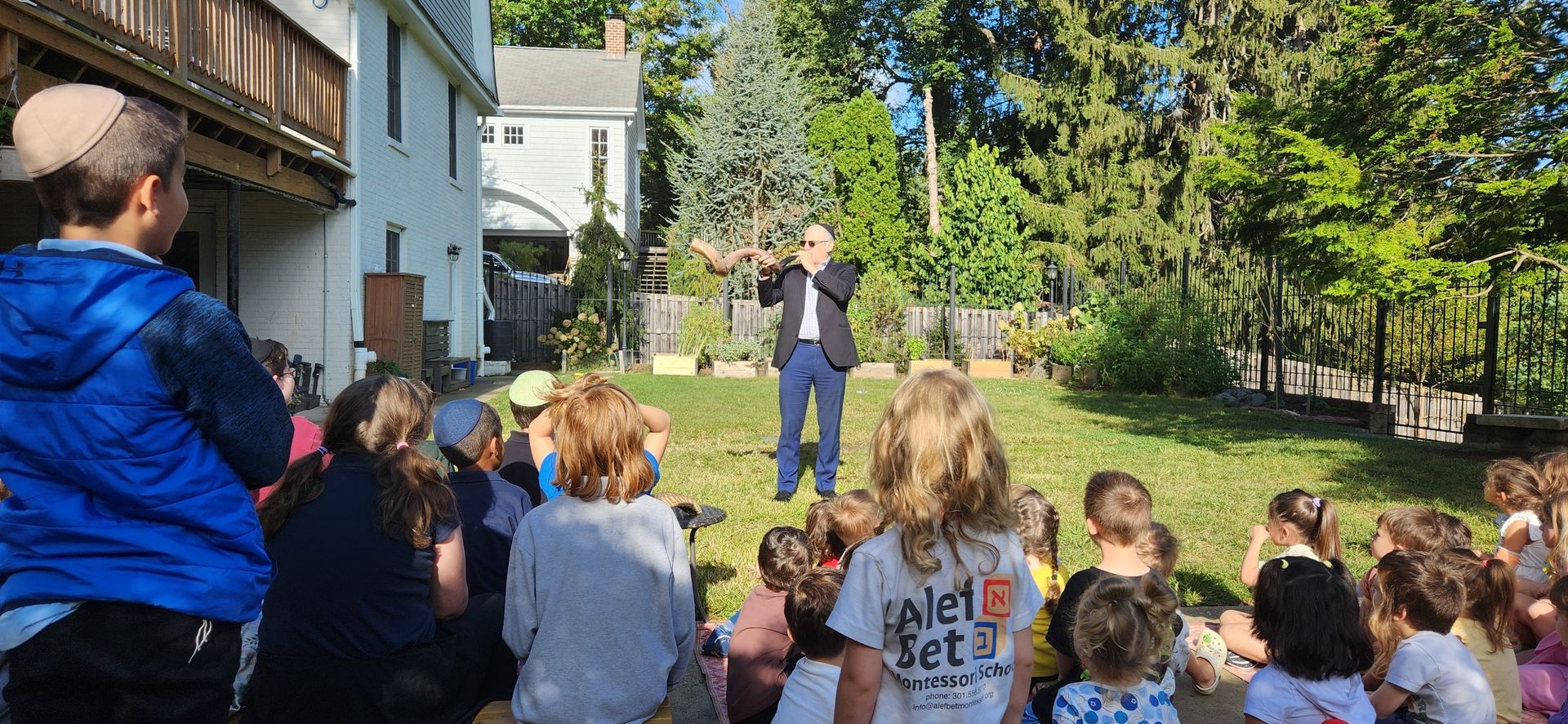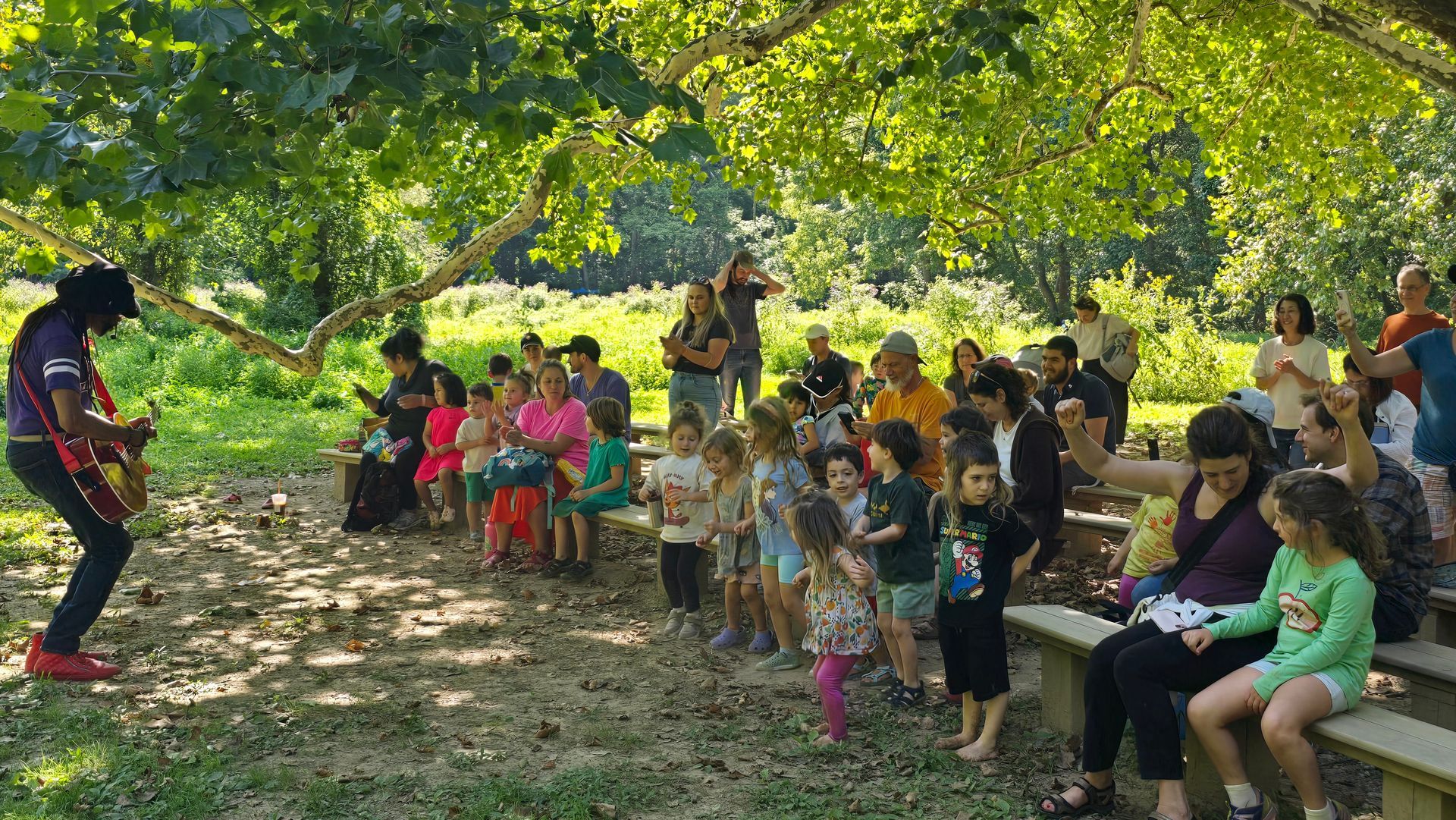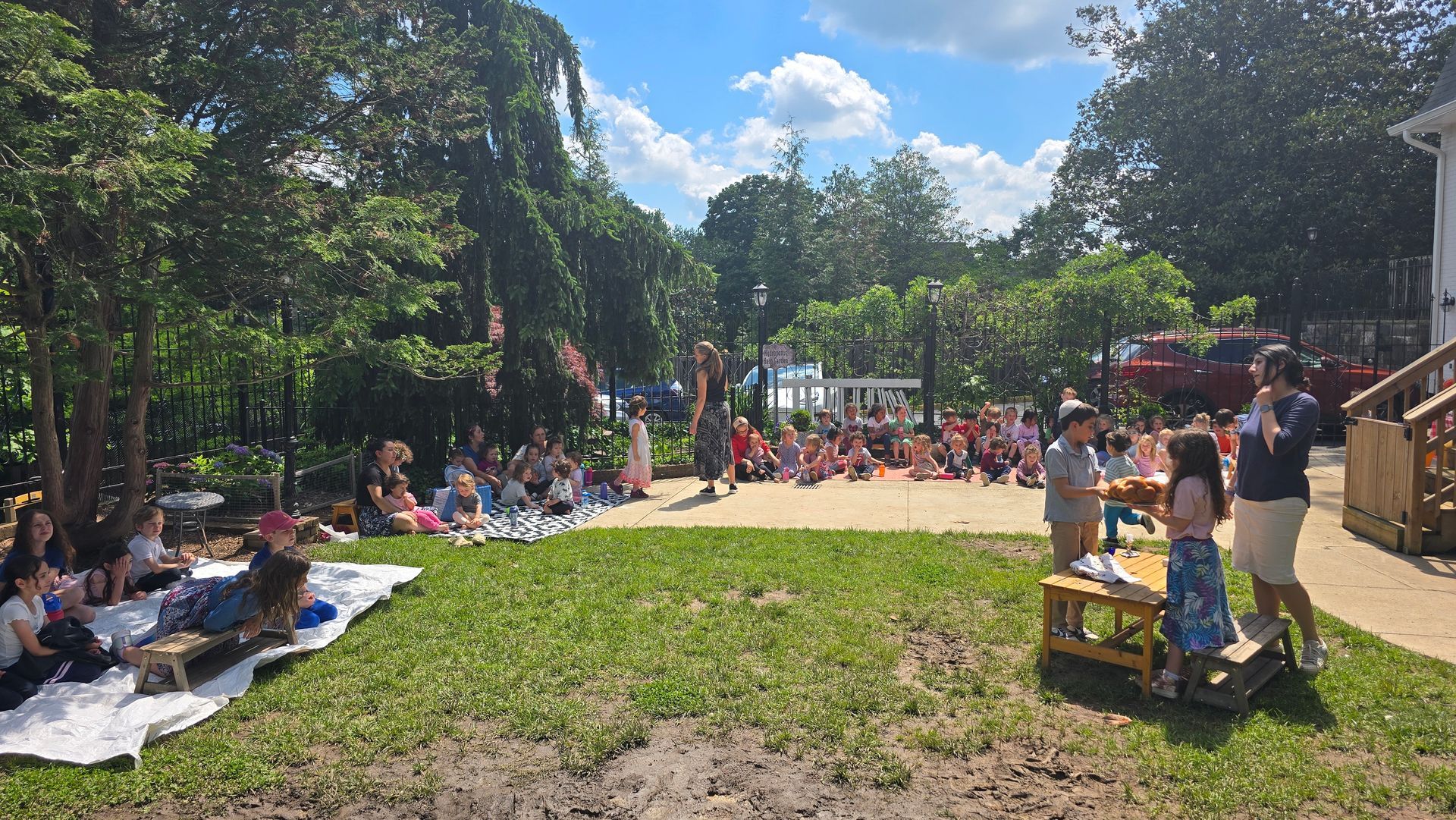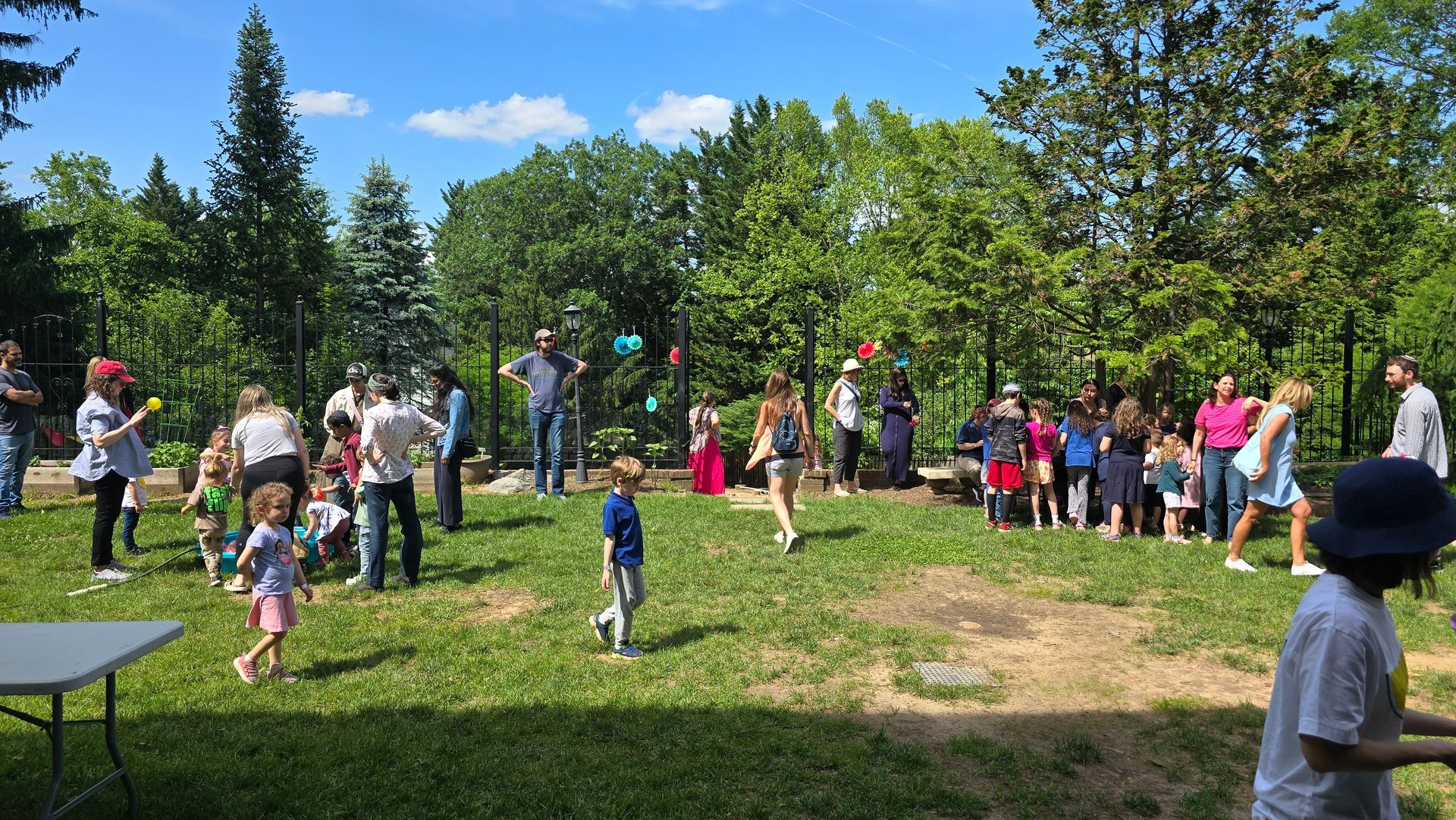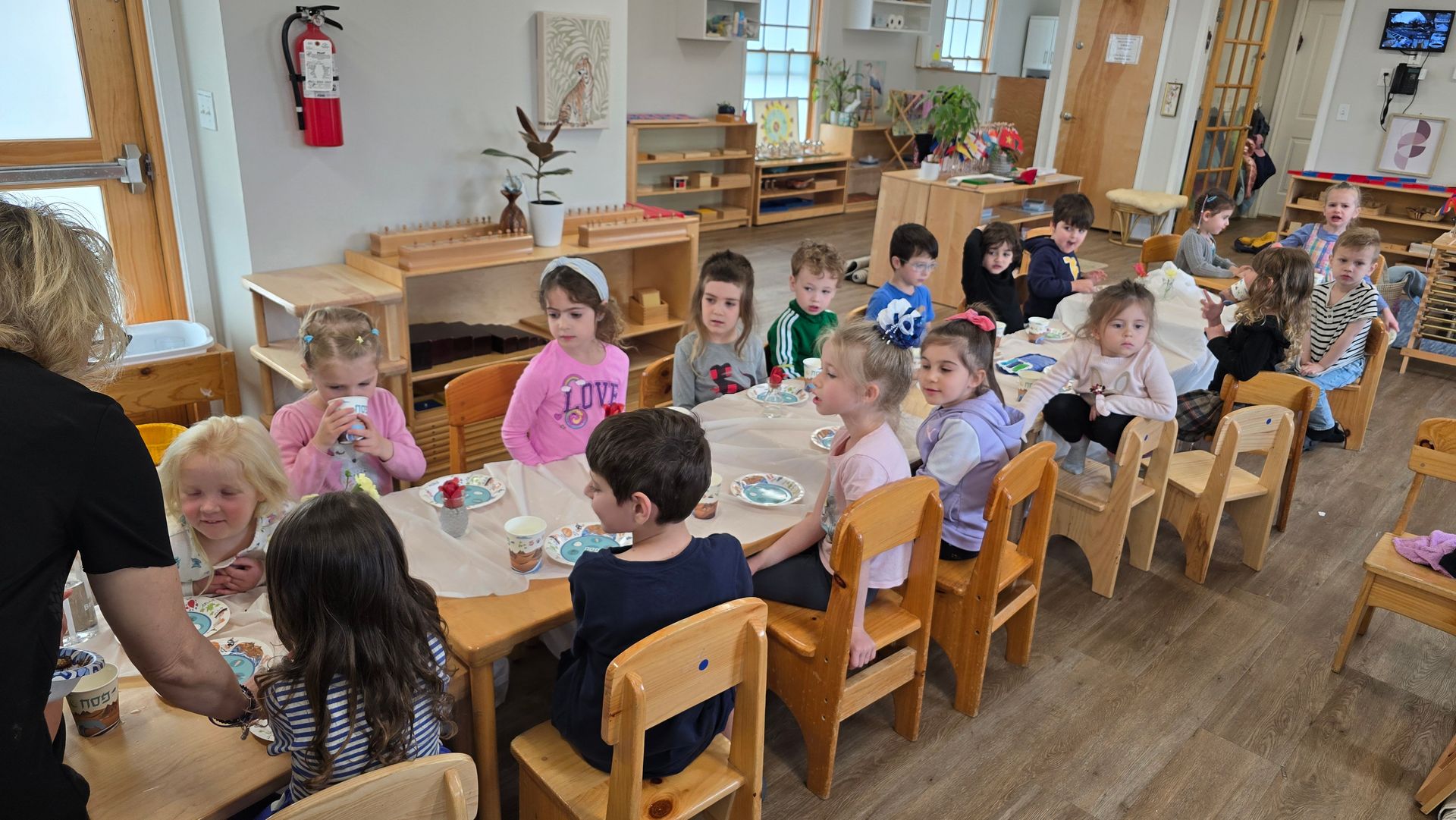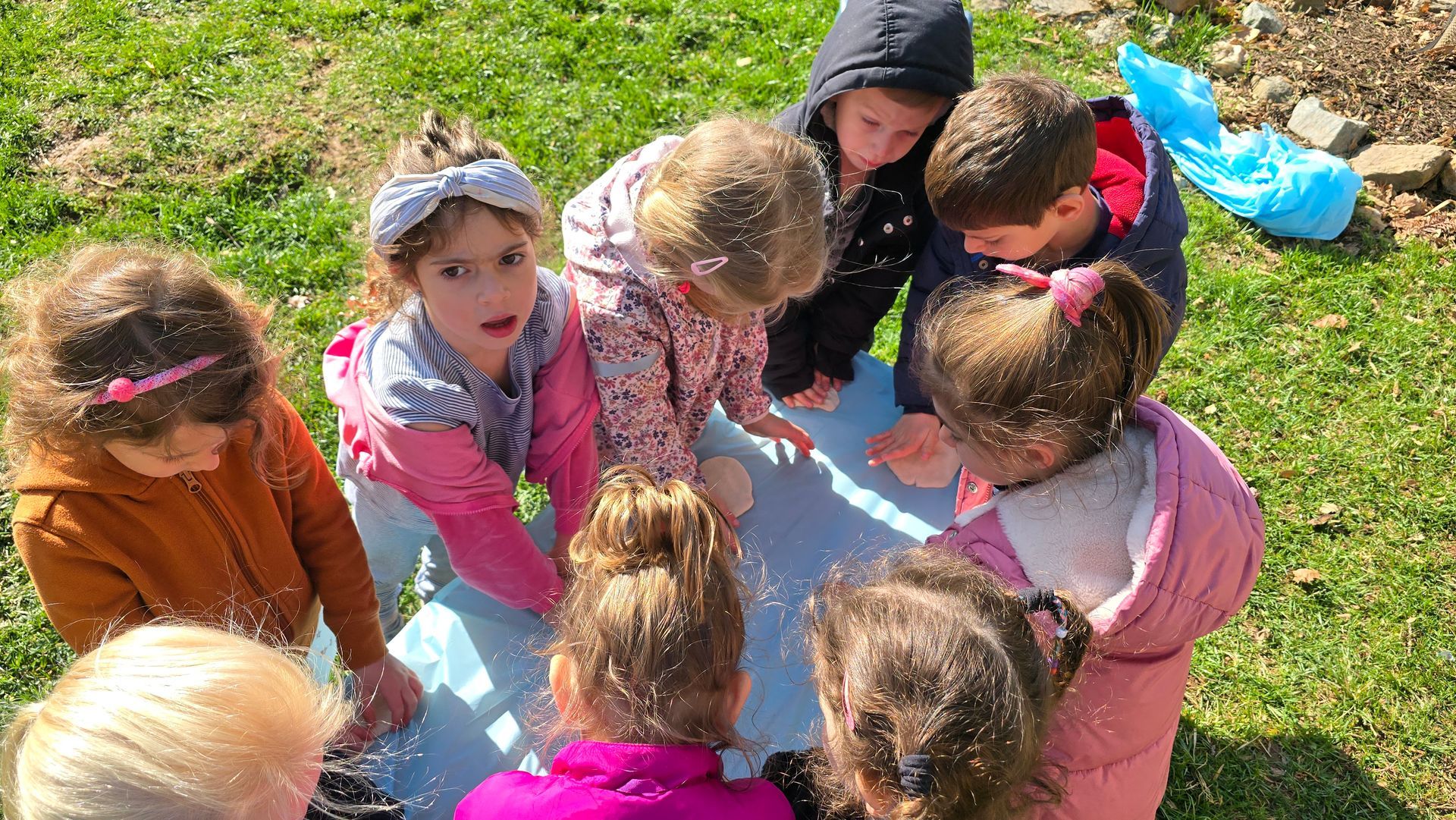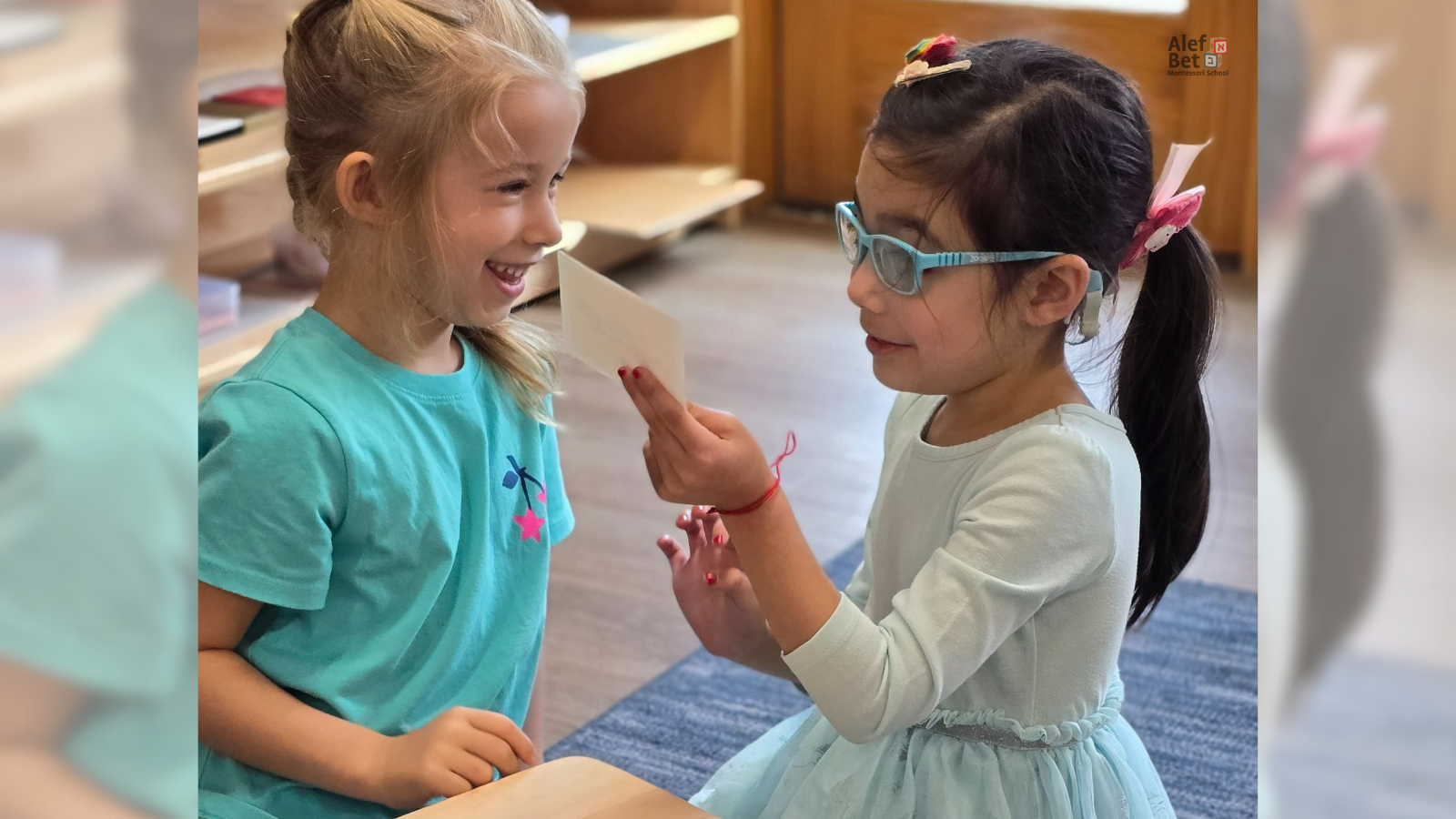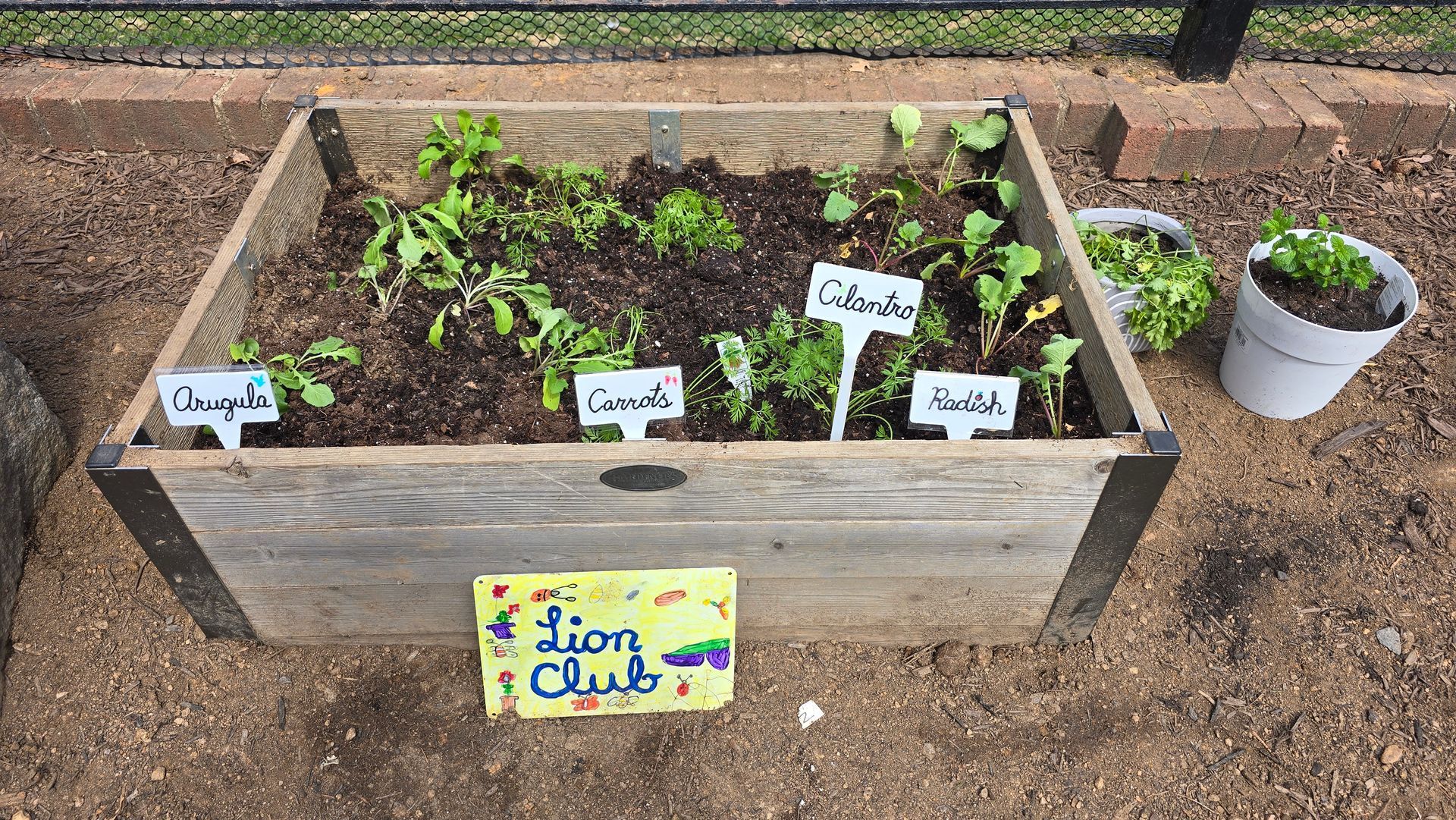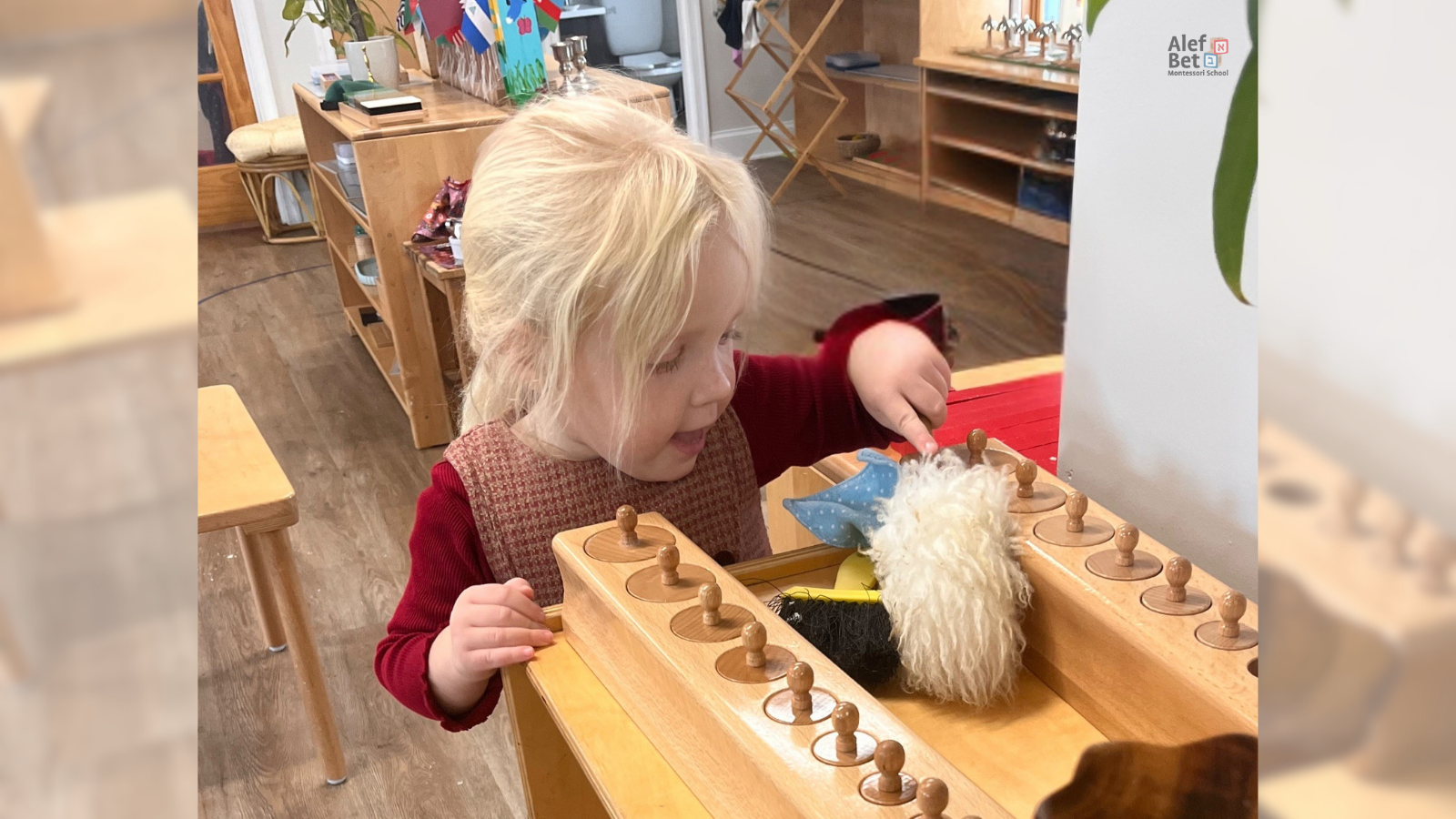Building on Success: The Case for Keeping Your Child in Montessori Elementary
You’ve made one of the best decisions by choosing Montessori education for your child’s early years. In an environment focused on curiosity, independence, and the joy of discovery, children develop a genuine love for learning.
As your child approaches elementary school, you might wonder whether a traditional classroom setting will offer similar benefits. Understanding the changes that occur during this critical period is key.
What Changes, You May Be Wondering?
Everything! The “absorbent mind”—the heightened ability to acquire knowledge through absorption—no longer applies. The elementary child must engage their “conscious mind” and learn with greater effort. Other noteworthy shifts for children ages 6 to 12 include:
- A Growing Sense of Justice and Morality: Children begin to question the world around them and develop a sense of fairness and social responsibility.
- Collaborative Learning: Students want to work together on projects, learning from one another and developing essential social skills.
- Exploration of Complex Subjects: Children moving beyond concrete learning to abstract thinking.
Montessori vs. Traditional Education: Understanding the Key Differences
One of the most striking differences between Montessori and traditional education is how children learn. In a typical elementary classroom, much of the day is spent copying from a board—long hours of what some call “drill and grill.” This often comes at the expense of tactile, active learning.
In contrast, Montessori classrooms prioritize hands-on learning that ignites curiosity. Children can move freely after completing tasks and take the time they need to focus, allowing each child to engage deeply at their own pace.
Advanced Learning Materials: Students build upon the foundational skills developed in Kindergarten through advanced Montessori materials that facilitate deeper exploration.
For example, in math, children engage with the four operations—addition, subtraction, multiplication, and division—using concrete materials. They literally carry, borrow, and change quantities, helping them perceive the interplay of numbers unconsciously.
Montessori Language Materials isolate universal elements of language, enabling children to understand that all words are composed of sounds represented by written signs. This method fosters a rich, engaging environment for literacy development.
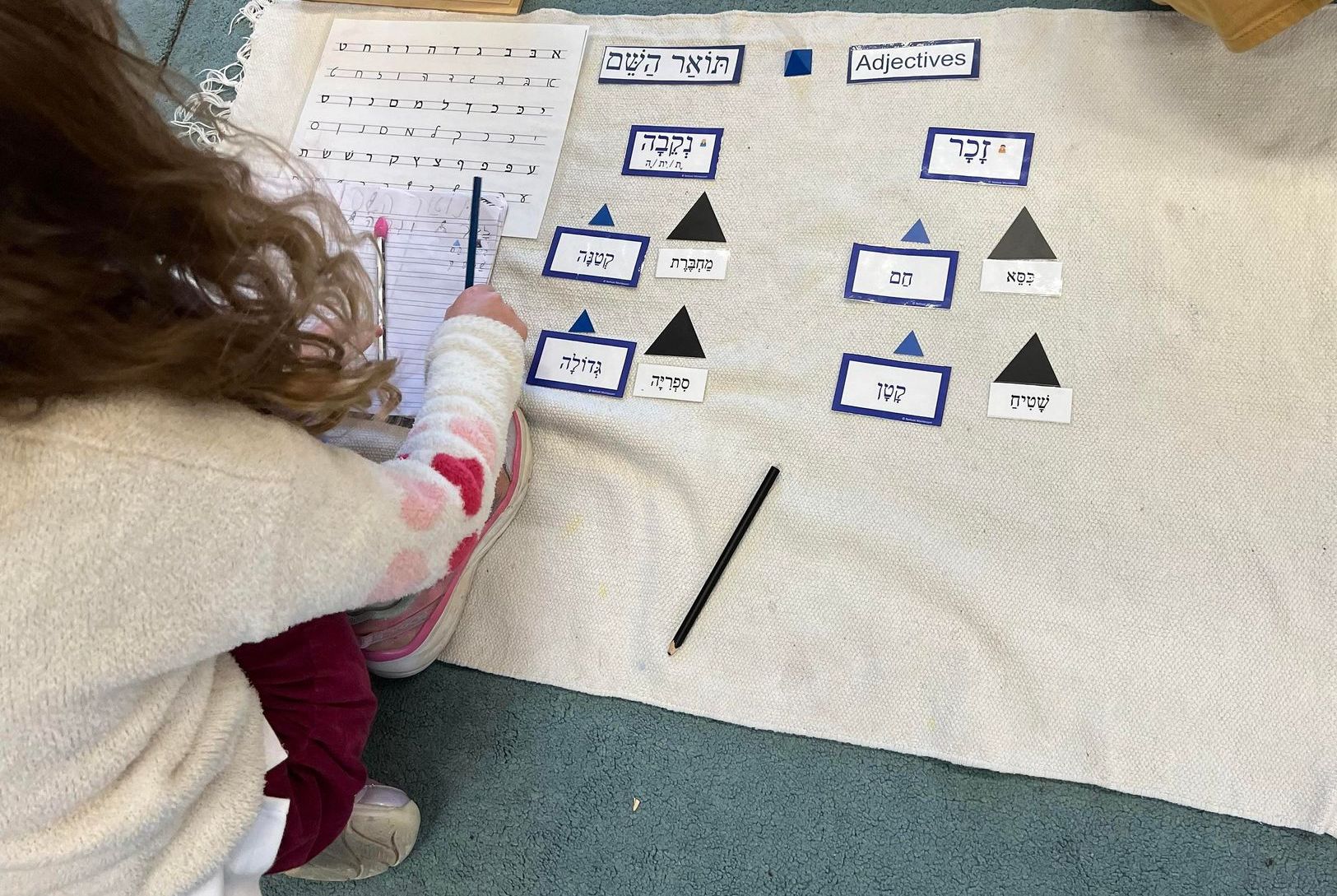
The Push for Standardized Testing
The Common Core standards have intensified the push for standardized testing, as early as kindergarten. These tests are not only stressful for young children but also unreliable indicators of what they actually know or can do. Research shows that children who experience Montessori education demonstrate strong academic performance and greater engagement in their studies, even into middle school and high school.
Montessori values the whole child. Teachers get to know their strengths and challenges deeply, helping them grow academically, socially, and emotionally without the pressure of a one-size-fits-all exam. This personalized approach nurtures intrinsic motivation and provides targeted support in reading, writing, and math. Instead of being reduced to a test score, children receive tailored guidance that fuels confidence and lifelong learning.
Why Montessori Elementary Builds Lifelong Skills for Success
Traditional classrooms can crowd out opportunities for essential skills like problem-solving, self-regulation, and emotional growth, which are difficult to measure through testing but critical for later success. By fostering these skills alongside reading, writing, and math, Montessori elementary prepares children holistically for academic and personal achievements.
Key Skills for Future Success: Children are encouraged to understand and apply math concepts through reasoning and practical exercises, nurturing confidence and an analytical mindset essential for higher-level math. Montessori’s focus on oral storytelling, peer interactions, and self-expression through writing builds reading comprehension and communication skills, which are foundational for future academic success.
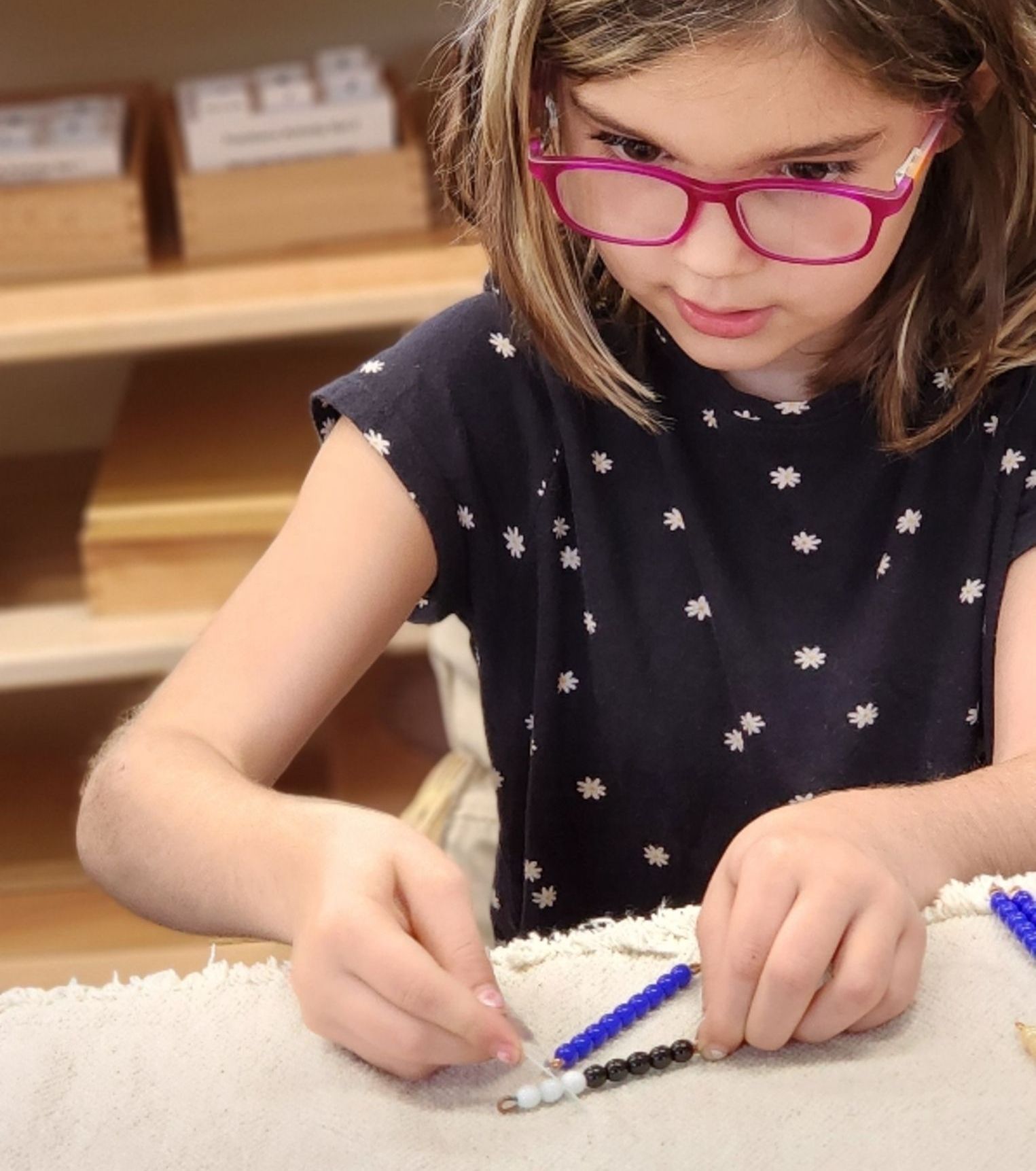
The Montessori Advantage
As parents, your choice to start your child in a Montessori environment was grounded in wanting what’s best for them. The benefits are clear: Montessori prioritizes curiosity, independence, and a love for learning while building a solid foundation in reading, writing, and math.
Choosing Montessori means giving your child a proven advantage—not just academically, but also in personal growth and self-motivation—qualities essential for lifelong success. Keeping your child’s learning journey grounded in Montessori principles offers a unique path forward, where they can thrive academically while nurturing the joy of discovery and self-confidence that will stay with them for life.
